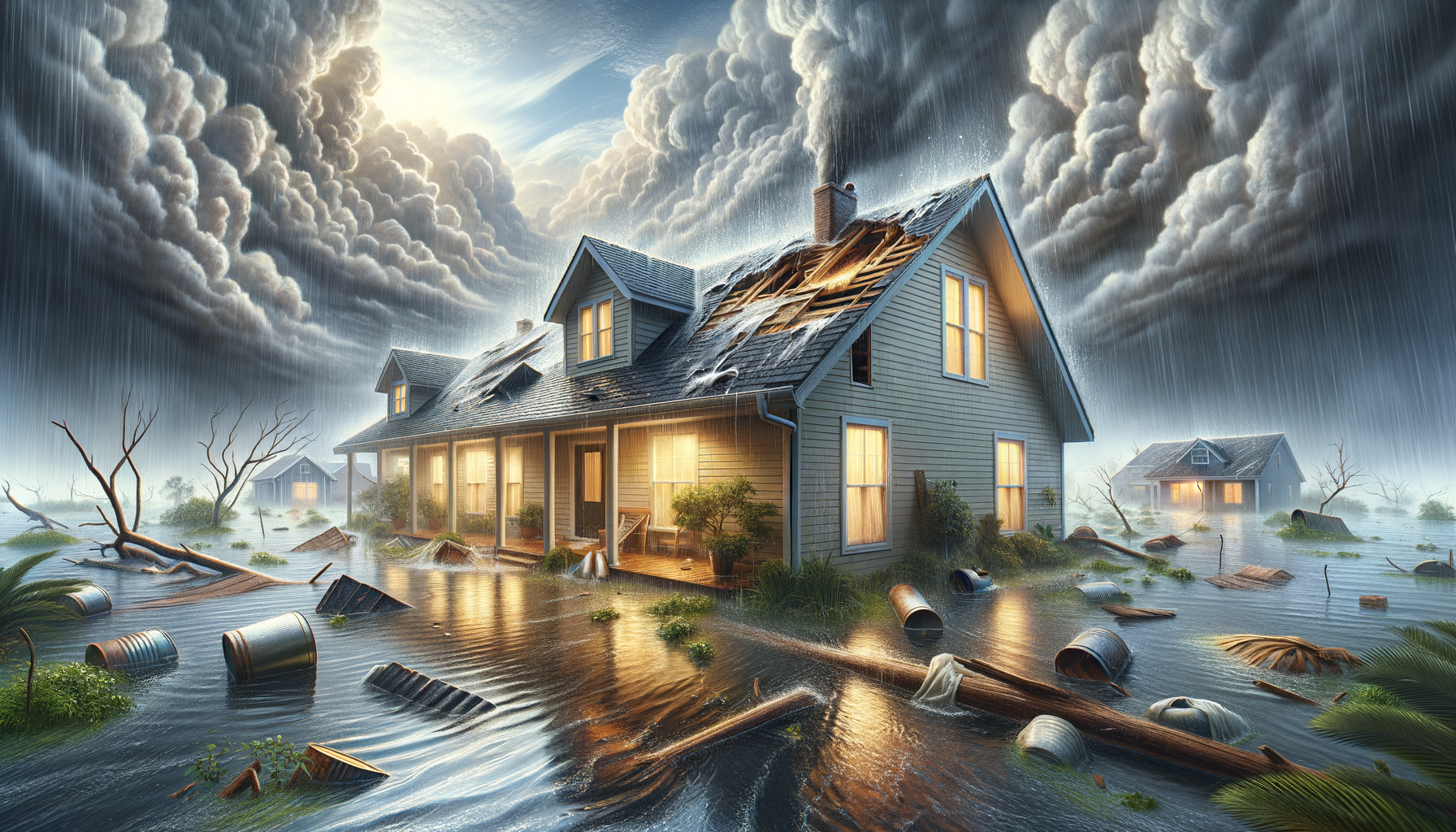Understanding Homeowners Insurance: What You Need to Know About Water Damage and Roof Leaks Coverage

When it comes to safeguarding your home, understanding your homeowner’s insurance policy is crucial, especially regarding water damage and roof leaks. These issues can cause significant harm to your property, and without adequate insurance coverage, the financial burden can be overwhelming. Here’s a comprehensive guide on what you need to know about your insurance policy and how it pertains to water-related damages.
First and foremost, it’s important to note that not all water damage is treated equally by insurance companies. Coverage largely depends on the source and nature of the damage. Unexpected and sudden incidents, such as those caused by a burst pipe or a storm, are generally covered by standard homeowner’s insurance policies. This means if your plumbing suddenly fails and floods your home, your insurance will likely cover the costs of repair and damages incurred.
On the other hand, insurance typically does not cover water damage resulting from a lack of maintenance or neglect. For instance, if your roof has been leaking for months due to age and wear, and you haven’t fixed it, this is seen as a maintenance issue. In such cases, you’re responsible for the repairs, as standard policies don’t cover gradual damage that could have been prevented with regular upkeep.
Roof leaks, specifically, can be tricky. Insurance might cover a roof leak if it’s caused by a covered peril, such as hail, wind, or a fallen tree. However, the key here is the cause. If that leak is due to an ongoing problem, like continuous neglect of the roof’s condition, insurers may deny the claim.
It’s also worth considering additional coverage options, such as flood insurance. Standard policies usually exclude natural flood damage, so if your home is in a flood-prone area, exploring a separate flood insurance policy is advisable. This additional coverage can be invaluable in the event of severe weather events that could overwhelm your home’s defenses.
To ensure you have the right coverage, regularly review your policy details and consult with your insurance provider to clarify any doubts. Take this guidance seriously; regular maintenance, documentation of property conditions, and timely repairs can safeguard you against unexpected expenses and ensure peace of mind.
Remember, every insurance policy can differ. It’s crucial to read through your policy thoroughly and possibly consult an insurance expert to have a full understanding of your coverage. Being proactive by conducting regular home maintenance can help prevent water damage issues and pave the way for smooth claim processes should you need it. This proactive approach ensures that you are well-prepared, both financially and logistically, to handle any unforeseen water damage challenges.
